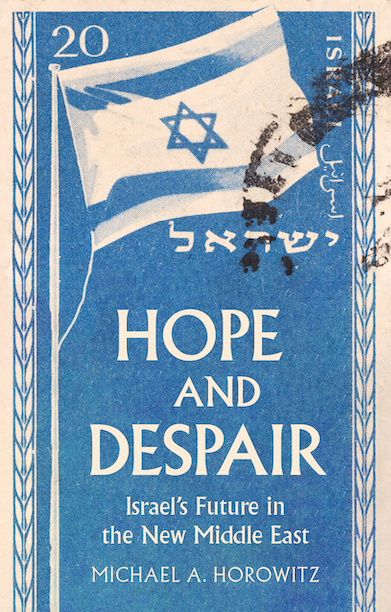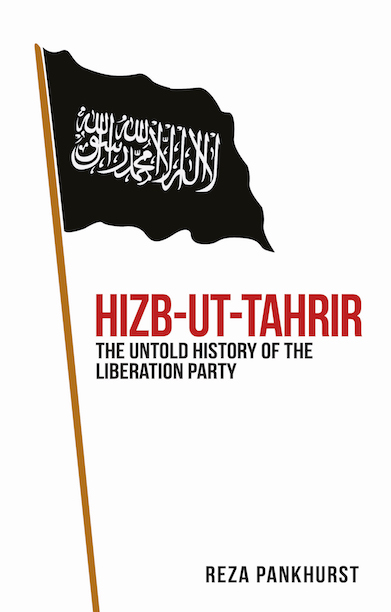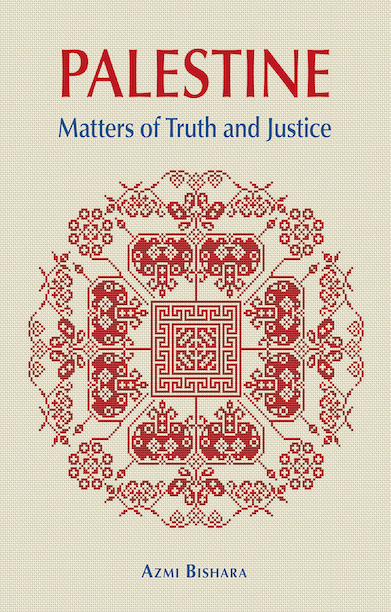Description
Branded as terrorist by Israel and the West, Hamas won an overwhelming electoral victory in January 2006. This book charts the origins of Hamas among the Muslim Brotherhood, details the influence of its exiled leadership in Syria and elsewhere, and sets out its internal structure and political objectives.
‘In this trenchant history spanning from the first days of the 1987 intifada to the sweeping democratic victory of the Islamic Resistance Movement (Hamas) in the Palestinian elections of January 2006, London-based scholar Tamimi argues that seeing Hamas as merely another face of Al Qaeda obscures more than it elucidates. A successor to the Muslim Brotherhood, Hamas comes out of a transnational Islamic reform movement that grew among Palestinians in the 1970s, largely in reaction to Arab nationalism’s failure to champion the Palestinian cause. Increasingly, against a string of failed peace processes and the corruption and concessions of the PLO-led secular leadership, Hamas’s popular support has rested heavily on its stance as a militant resistance movement wedded to the Palestinian dream of regaining pre-1948 Palestine, and as provider of essential social services. Tamimi draws extensively on the words of insiders in carefully charting and contextualising the development of Hamas’s highly resilient organisation, shifting outlook and embrace of various tactics, including the offer of a truce with Israel and, most controversially, suicide bombing. It will be a key resource in English for any serious assessment of the Palestinian-Israeli conflict’. –– Publishers Weekly
Reviews
‘Tamimi’s book is the most authoritative account yet published of the origins, rise and impact of Hamas.’ –– Abdel Bari Atwan, editor-in-chief, Al-Quds Al-Arabi
‘This is an important book, and I encourage both Israelis and diaspora Jews to read it.’ — Gabrielle Rifkind, Specialist in Conflict Resolution and Human Security
‘In this trenchant history spanning from the first days of the 1987 intifada to the sweeping democratic victory of the Islamic Resistance Movement (Hamas) in the Palestinian elections of January 2006, London-based scholar Tamimi argues that seeing Hamas as merely another face of Al Qaeda obscures more than it elucidates. A successor to the Muslim Brotherhood, Hamas comes out of a transnational Islamic reform movement that grew among Palestinians in the 1970s, largely in reaction to Arab nationalism’s failure to champion the Palestinian cause. Increasingly, against a string of failed peace processes and the corruption and concessions of the PLO-led secular leadership, Hamas’s popular support has rested heavily on its stance as a militant resistance movement wedded to the Palestinian dream of regaining pre-1948 Palestine, and as provider of essential social services. Tamimi draws extensively on the words of insiders in carefully charting and contextualizing the development of Hamas’s highly resilient organization, shifting outlook and embrace of various tactics, including the offer of a truce with Israel and, most controversially, suicide bombing. It will be a key resource in English for any serious assessment of the Palestinian-Israeli conflict.’ — Publishers Weekly starred review
‘Unwritten Chapters is an excellent history and analysis of Hamas … the story is dramatic, and Tamimi tells it well. The book is deeply researched, which allows the reader to trace the many interviews Tamimi has done with all the key players in Hamas, who clearly gave them their trust. It gives access for a non-Arabic reader to a wealth of fascinating detail not available in English before. In these pages, the organisation comes to life.’ — Victoria Brittain, Palestine News
Author(s)
Azzam Tamimi is founder of the Institute of Islamic Political Thought in London and author of Rachid Ghannouchi: A Democrat Within Islamism(Oxford University Press, 2001).






